International
Colombian wanted in Haiti president’s murder extradited to US
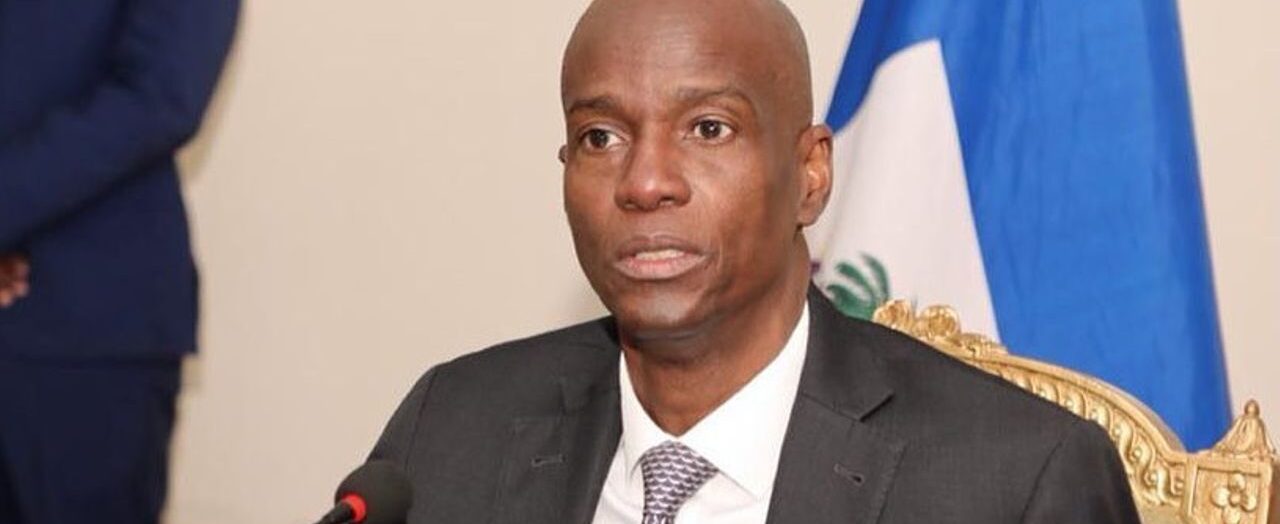
AFP
Panama has extradited to the United States a retired Colombian soldier wanted over the assassination of Haiti’s President Jovenel Moise last July, an official said Tuesday.
Mario Palacios was detained at a Panamanian airport late Monday after arriving on a flight from Jamaica, where he was arrested in October, migration service head Samira Gozaine said.
Palacios had been on his way to Colombia after being deported by Jamaica for a lack of evidence connecting him to the assassination, but he was arrested during a stopover at Tocumen International Airport in Panama.
After his arrest, Palacios “accepted voluntary extradition, so last night (Monday) he boarded a flight to Miami,” said Gozaine, who added there was an Interpol warrant out for the ex-soldier on “charges of murder and conspiracy to kill.”
Moise was shot on July 7 at his home in Port-au-Prince.
Three Colombians were killed by Haitian armed forces responding to the attack and 18 more were detained, alongside two US citizens of Haitian descent.
Dozens of people have since been arrested, but the authors of the attack remain unknown.
The assassination deepened an already dramatic crisis in Haiti, which is suffering from a lack of security, soaring gang violence and a spate of kidnappings.
Haitian Prime Minister Ariel Henry, who has in effect been running the country since Moise’s killing, told AFP on Monday that he too had been targeted in an assassination attempt, during last weekend’s national day celebrations.
International
Japan reopens Kashiwazaki-Kariwa Plant despite public concerns
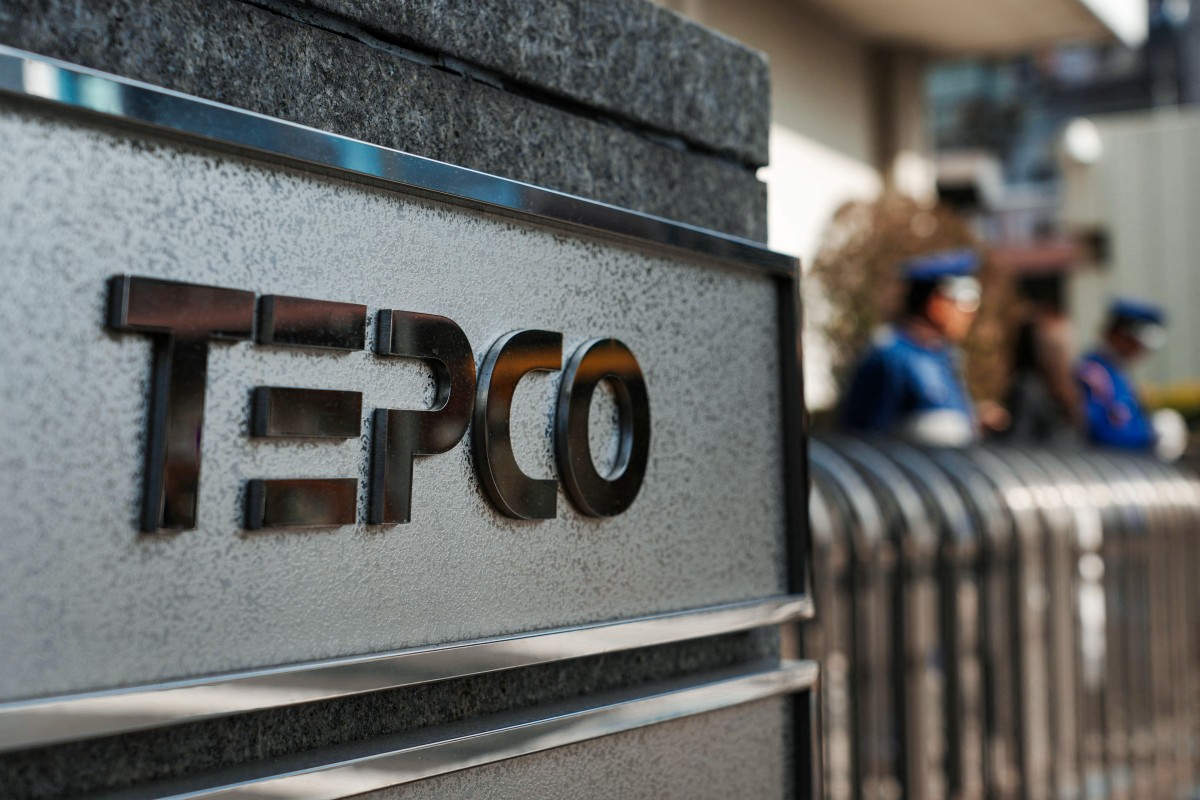
La centrale nucléaire japonaise de Kashiwazaki-Kariwa, la plus grande au monde, a repris ses activités mercredi pour la première fois depuis la catastrophe de Fukushima en 2011, malgré les inquiétudes persistantes d’une partie de la population.
La remise en service a eu lieu à 19h02 heure locale (10h02 GMT), a indiqué à l’AFP Tatsuya Matoba, porte-parole de la compagnie Tokyo Electric Power (Tepco).
Le gouverneur de la préfecture de Niigata, où se situe la centrale, avait donné son feu vert à la reprise le mois dernier, en dépit d’une opinion publique divisée. Selon une enquête menée en septembre par la préfecture elle-même, 60 % des habitants se déclaraient opposés au redémarrage, contre 37 % favorables.
Mardi, plusieurs dizaines de manifestants ont bravé le froid et la neige pour protester près de l’entrée du site, sur les rives de la mer du Japon.
« L’électricité de Tokyo est produite à Kashiwazaki. Pourquoi seuls les habitants d’ici devraient-ils être exposés au danger ? Cela n’a aucun sens », a déclaré à l’AFP Yumiko Abe, une riveraine de 73 ans.
La centrale de Kashiwazaki-Kariwa avait été mise à l’arrêt lorsque le Japon a fermé l’ensemble de ses réacteurs nucléaires à la suite du triple désastre de mars 2011 — un séisme, un tsunami et un accident nucléaire — survenu à Fukushima.
International
Markets rise as Trump halts Europe tariffs and floats Greenland agreement framework
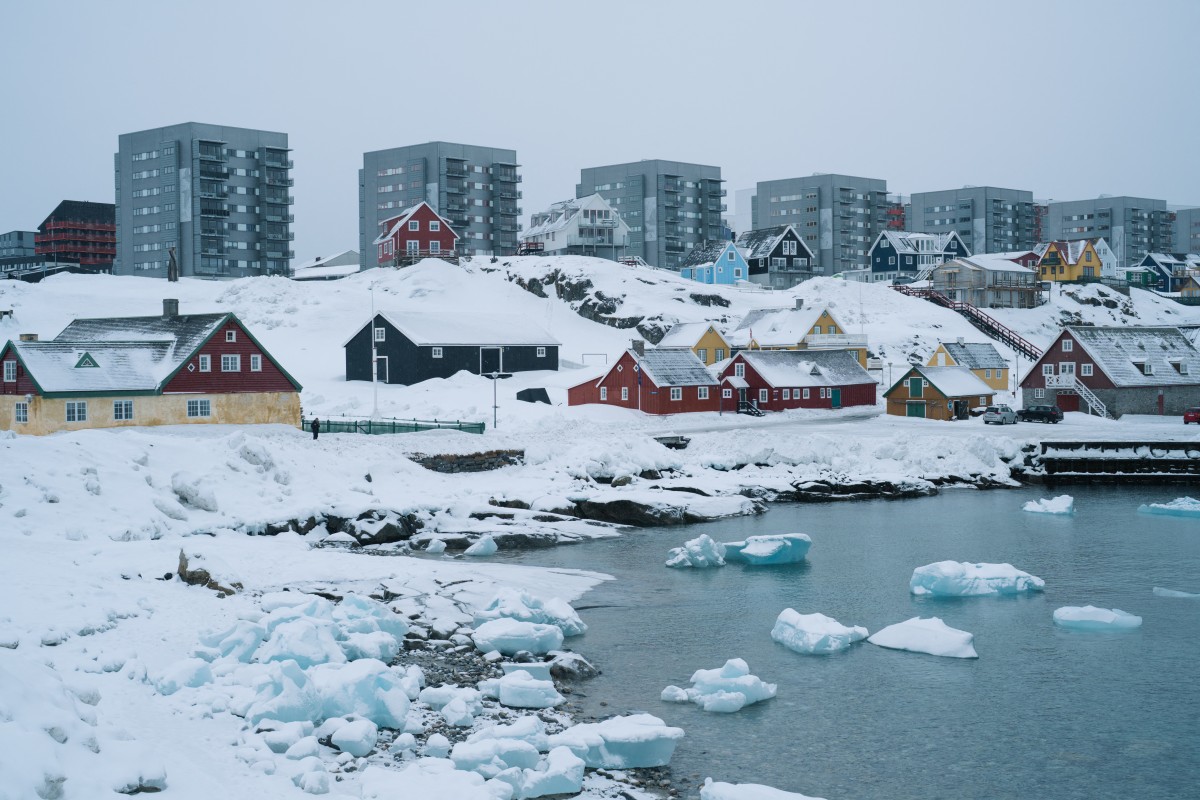
U.S. President Donald Trump on Wednesday lifted his threat to impose new tariffs on several European countries and said he had outlined the framework of a future agreement on Greenland during a meeting in Davos with NATO Secretary General Mark Rutte.
“Based on this understanding, I will not impose the tariffs that were scheduled to take effect on February 1,” Trump wrote on his social media platform Truth Social, without providing details about the proposed “framework.”
The announcement boosted financial markets. Wall Street, which had been trading slightly higher, extended its gains following Trump’s message, while the U.S. dollar strengthened against the euro.
Trump has repeatedly insisted that Greenland, rich in mineral resources, is ‘vital’ to the security of the United States and NATO, particularly as Arctic ice melts and global powers compete for strategic advantage in the region amid rising tensions with China and Russia.
Last week, the U.S. president threatened to impose tariffs of up to 25% on eight European countries for supporting Denmark and sending a military exploratory mission to Greenland. All of the targeted countries are NATO members, including the United Kingdom, Germany, and France, Europe’s largest economies.
Trump said on Wednesday that additional discussions are underway regarding the “Golden Dome” missile defense system, specifically in connection with Greenland.
He assigned Vice President JD Vance, Secretary of State Marco Rubio, and special envoy Steve Witkoff to lead the negotiations.
Hours before his post, Trump ruled out the use of force to seize Greenland for the first time, but demanded “immediate negotiations” for its acquisition, reiterating his view that only the United States can guarantee the security of the Arctic island.
International
Venezuela’s interim president predicts 37% increase in revenues for 2026
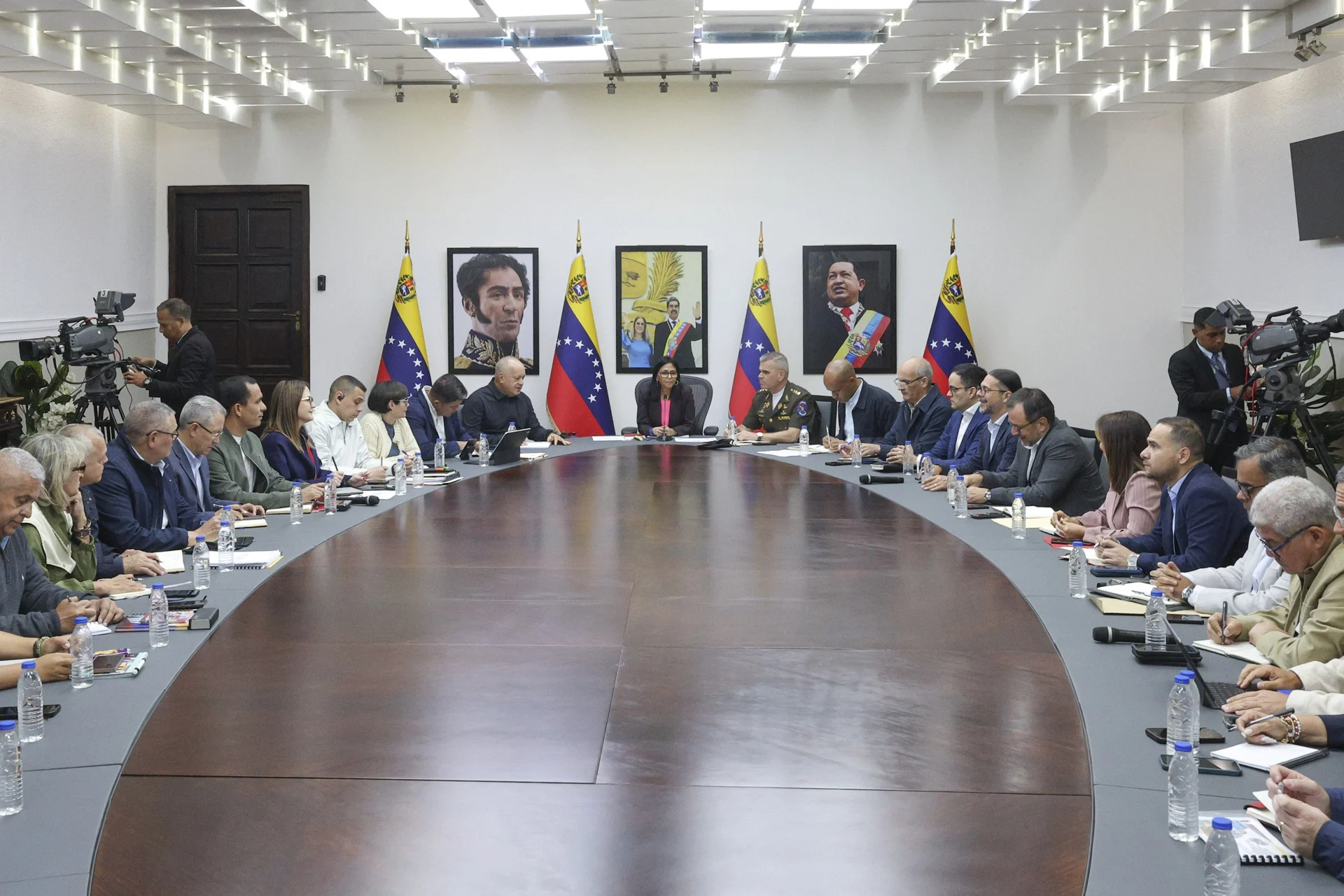
Venezuela’s interim president, Delcy Rodríguez, said Wednesday that the country’s revenues are expected to increase by about 37% in 2026, in a statement made during a session of the Federal Government Council at the Miraflores Presidential Palace in Caracas.
Rodríguez said the projected rise in foreign currency income comes as agreements on Venezuelan oil sales with the United States are being implemented, including deals in which Washington will trade Venezuelan crude and manage the proceeds before transferring funds to Caracas.
“This year, revenues expressed in foreign currency will increase by 37%,” Rodríguez declared, according to EFE. She noted that the increase will also benefit regional governments and local authorities. “You will have more resources for your management, which I know you need,” she added.
Rodríguez said the distribution formula for revenues will remain the same as in 2025: 53% for communes, 29% for state governments, 15% for municipalities, and 3% for institutional strengthening. She also said the government would intervene to “correct imbalances” in how funds are allocated, particularly among some municipal and regional authorities.
The announcement follows reporting that Venezuela received at least $300 million from oil revenues tied to a U.S.–Venezuela deal that could involve up to 50 million barrels of crude. Washington officials have said the interim government met U.S. requirements under the agreement.
-

 Central America4 days ago
Central America4 days agoGuatemala raises police death toll to nine after gang violence escalates
-

 International4 days ago
International4 days agoDeath toll from southern Spain train crash rises to 40
-

 International2 days ago
International2 days agoMexican influencer “La Nicholette” kidnapped in exclusive area of Culiacán
-

 Central America5 days ago
Central America5 days agoGuatemala prison uprisings leave 46 guards held by gangs
-

 International4 days ago
International4 days agoOver 160 christian worshippers kidnapped in Kaduna Church attacks
-

 International3 days ago
International3 days agoDaily Mail publisher insists reports relied on legitimate sources amid privacy trial
-

 International3 days ago
International3 days agoGermany says football bodies alone will decide on possible World Cup boycott
-

 International5 days ago
International5 days agoChile declares state of catastrophe as wildfires rage in Ñuble and Biobío
-

 International2 days ago
International2 days agoMajor winter storm to blanket U.S. and Canada with snow, ice and arctic cold
-

 International2 days ago
International2 days agoTrump announces preliminary NATO agreement on Greenland, suspends tariffs on Europe
-

 Central America1 day ago
Central America1 day agoMazatenango Carnival cancelled amid State of Siege in Guatemala
-

 International1 day ago
International1 day agoMarkets rise as Trump halts Europe tariffs and floats Greenland agreement framework
-

 International4 days ago
International4 days agoSpain’s Prime Minister pledges transparency after train crash kills at least 39
-

 International1 day ago
International1 day agoVenezuela’s interim president predicts 37% increase in revenues for 2026
-
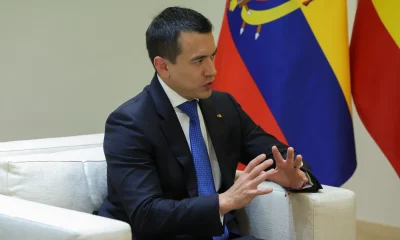
 International2 days ago
International2 days agoColombia slams Ecuador’s 30% tariff as ‘economic aggression’
-

 International1 day ago
International1 day agoTrump to invite Venezuela’s interim president Delcy Rodríguez to Washington
-

 International1 day ago
International1 day agoJapan reopens Kashiwazaki-Kariwa Plant despite public concerns
-

 International1 day ago
International1 day agoFour minors killed in deadly clash between FARC dissidents in Colombia’s Amazon
-
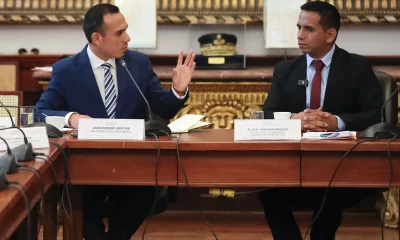
 International2 days ago
International2 days agoJosé Jerí claims destabilization attempt after videos of secretive meetings surface


























